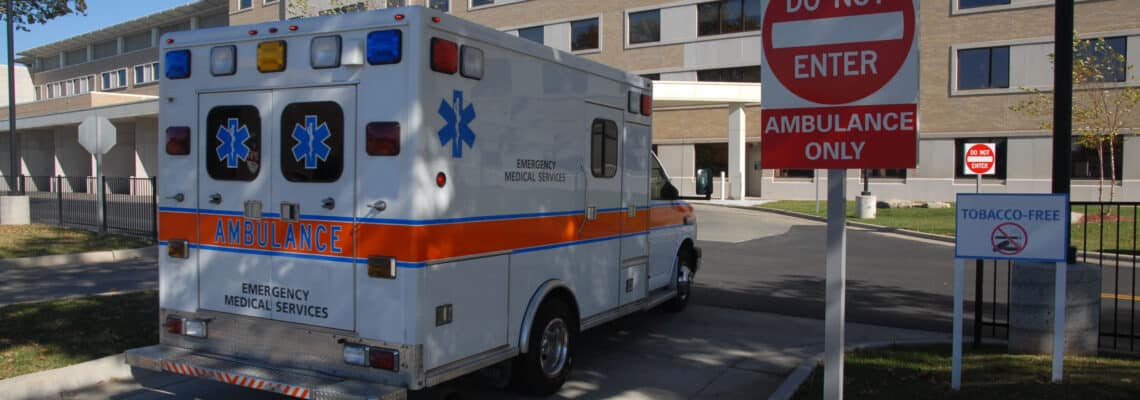The New York State Department of Health, which oversees nursing homes and other long-term care facilities in the state, has recently published proposed reform legislation for the nursing home industry, whose longstanding structural problems were starkly exposed by the Covid-19 pandemic. As a recent summary of the bills on JDSupra notes, the Department of Health has not formally proposed the draft legislation, but it is planning to implement the below reforms at the beginning of next year.
Minimum Direct Care Spending
One of the proposed regulations would effectuate an existing requirement under New York law that nursing homes spend at least 70% of their revenue on “direct revenue care” while spending 40% on”resident-facing staffing.” The regulation provides an exemption for Continuing Care Requirement Communities, as well as facilities that chiefly provide care for certain speciality populations like children or HIV/AIDS patients. It would apply to nursing home spending starting on January 1, 2022.

Minimum Staffing
Another proposed regulation would effectuate a New York public health law mandating minimum staffing levels in New York nursing homes. Specifically, it would require nursing homes to maintain 3.5 hours of care per resident per day by a certified nurse aide (CNA), nurse aide, licensed practical nurse (LPN), or registered nurse (RN). CNAs or nurse aides would be required to provide no less than 2.2 of those 3.5 hours, while LPNs or RNs would be required to provide no less than 1.1 of those 3.5 hours. The above requirements would apply during the year of 2022. As of January 1, 2023, nursing homes would be required to maintain 3.5 hours of care per resident per day by a CNA, RN, or LPN, with at least 2.2 hours provided by a CNA, and at least 1.1 provided by a RN or LPN. Under this regulation, the Department of Health would fine nursing home facilities that fail to meet the requirement as much as $2,000 per day for every day in a given quarter that it fell short.
Notice and Review for New Nursing Homes or Ownership Changes
A third proposed regulation concerns the establishment of new nursing homes and ownership changes in existing nursing homes. Specifically, it would require the Department of Health to inform the state’s Long-Term Care Ombudsman when it receives applications for the establishment of new nursing homes, and to notify the Ombudsman again when it sets a date for “committee consideration” of such applications. It would also require the operators of existing nursing homes to inform an array of parties of applications to transfer ownership: residents, residents’ representatives, staff, and any union representatives.
More information on proposed nursing home reforms, including already enacted provisions not discussed above, is available via JD Supra.
The attorneys at the Law Offices of Thomas L. Gallivan, PLLC work diligently to protect the rights of nursing home residents. Please contact us to discuss in the event you have a potential case involving neglect or abuse.




